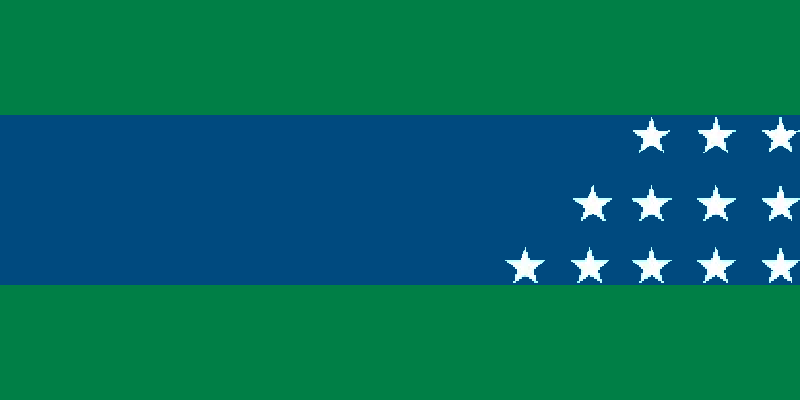Uchtadaryo System
| Uchtadaryo System | |
|---|---|
 | |
| Founded | 232 |
| Influenced By |
|
| Key Principles |
|
| Notable Adherents | Uchtadaryo |
| Values | |
| Federal/Unity | 100/0 |
| Democracy/Authority | 90/10 |
| Globalist/Isolationist | 50/50 |
| Militarist/Pacifist | 60/40 |
| Security/Freedom | 10/90 |
| Equality/Markets | 30/70 |
| Secular/Religious | 80/20 |
| Progress/Tradition | 70/30 |
| Assimilationist/Multiculturalist | 40/60 |
The Uchtadaryo System is a political system and ideology currently in place in the United Cities of Uchtadaryo, a medium sized nation state in central Theia.
Liberal Democratic Framework
The Uchtadaryo System features a liberal democratic framework in which free and fair elections, protection of individual rights, and the rule of law are all maintained. Above these frameworks there is a separation of powers between the differing branches of government (Executive, Legislative, Judicial) which prevent the concentration of power into one individual.
Local Patchwork Framework
The Uchtadaryo System is unique, due to it being one of the only remaining political systems in which a feudal-like structure is still in place, however with a twist. Instead of feudal lords or landholders in place, the Uchtadaryo System supports the existence of highly powerful Homeowners Associations (HOAs) which act as local governing bodies with authority over specific residential areas or communities. Homeowners within Local Authorities are subject to the rules and regulations established by the district's respective HOA, which itself has significant control over property-related matters including land use, building codes, and community aesthetics. Alongside holding control over regulations, the HOAs also hold responsibility over the maintenance of infrastructure, security, and community services.
Each HOA has considerable autonomy within the Uchtadaryo System's highly decentralized power structure, aligning with the liberal democratic principle of self governance. The Leaders of the HOA's are then directly elected by residents, fostering a democratic tradition within each community. These leaders are then responsible for making decisions within the framework set by community members and any overarching national laws.
The Uchtadaryan Government is forbidden from meddling in the economic affairs of the HOA's, which has caused some HOAs to have more resources and influence than others.
National Legal Framework
In order to avoid instability or power struggles, a balance between HOA Regulations and National Laws is in place. National laws cover broader issues such as human rights, military codes of conduct, and more severe crimes. The HOAs regulate more localized matters.
Disputes between residents and HOAs, as well as conflicts between different HOAs, are settled within the Uchtadaryan Municipal Judiciary, a fair and transparent institution designed specifically to handle such cases. In cases between individuals and HOAs, the Uchtadaryan Government is permitted to intervene and protect the rights of individuals under the HOAs in order to discourage the HOAs from abusing their powers.